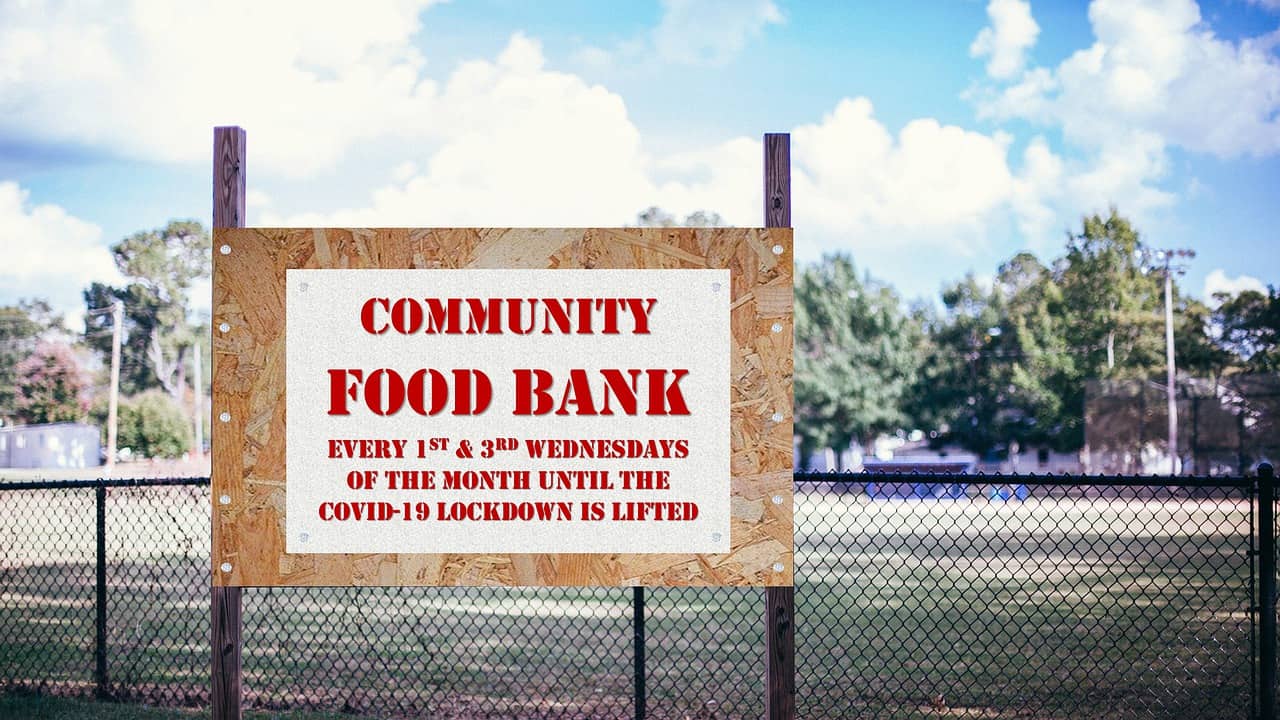Hackathon
Submission
Michael CheKim
COVID-19 Getting Farmers’ Products to Food Banks with Federal Help
Too many crops from too many farms are going to waste as farmers cannot get distributors to buy them. Too many food banks are going dry, and too many restaurants and their staff are idle. As Chef Jose Andres has asked in a recent eTown Hall, “Why can’t the Federal government pay restaurants to make food for food banks?”

Project
Proposal
See if there is existing U.S. law and existing nutrition programs that authorizes Federal funds to go directly to restaurants to fund them to make food for the unemployed, impoverished, and hungry and separately, authorizes orders for farmers to sell to food banks at least “at cost”. If not, work with public policy experts and Congress to make such a law. Coordinate with organizations like Feeding America and World Central Kitchen to get the supplies and funds to make food. Use blockchain as a ledger and for real-time recordkeeping and cold chain technology to preserve freshness of foods.
Team
Members
Already registered before? Login first to Apply!
Register now & submit your request to join this team!
Join Michael CheKim's Team!
Solution
Details
What region(s) or state(s) do you currently have operations in?
I'm a Federal employee. I don't know the answer.
Is there a specific region or state where you plan to focus on for this project?
I'm a Federal employee. I don't know the answer.
How far developed is your proposal?
I have an idea but it needs to be developed, 6-12 weeks until ready for implementation.
Is there any legal protection for the solution?
Don't know
Latest
Submissions
Humanner – Collective Holistic Social Innovation Ecosystem Management
By Janos Deak
By the Humanner Cooperative Social Business Ecosystem model give financial self-sustainability and emerge the digital infrastructure to connect informal market, unlock the power at the bottom of pyramid, and deliver economic prosperity.
“A charity money has only one life. A Social Business money can be invested over and over again.” (Muhammad Yunnus)
Linking science and technologies to communities of our global society. Humanner’s social R&D focus on interweaving new models so smoothly and seamlessly into the currently prevailing system, that it will not be perceived as opposition, but rather as a higher quality competitive model, which gradually replaces the old one.
Our method is to create a high-quality example while showcasing our understanding of what it means to be human.
Humanner’s system work with a MULTI FUNCTIONAL holistic multisolving approach so that make the investment more impactful. Single investment of time and money – Defined as a way of solving multiple problems with the multisolving approach brings together stakeholders from different sectors and disciplines to tackle public issues in a cost-efficient manner
Humanner unite the two biggest volunteer sectors the Open Source and the Non Profit sector into a Social Business Innovation Ecosystem. We aim to explore how open source software, open source hardware, digital maker practices and open design can be effectively used by local communities to fabricate their own tools, make sense of their environments and address pressing environmental problems.
ProducePathway
By Sindhu Sundar
Policy proposal for collaborative food distribution networks utilizing existing nationally-accessible tools and organizations, and partnerships between community centers, hospitals, farmers, and distributors. Objectives are the identification of in-need communities to provide mobile markets and CSA boxes, as well as subsidization strategies to serve low-income areas.
Digital Surplus Management System
By Kubra Orak
Supported by UNDP to reach SDGs, Whole Surplus provides technology solutions to create value out of unsold inventory.[bc1] Placing technology at the heart of a crucial issue as food waste, Whole Surplus offers holistic and digital solutions to any type of surplus food, that is eligible for human consumption, animal feeding, recycling or landfilling and matches them with the right partner who offers the highest financial and social value. Moreover, the platform provides a data analytics dashboard to reduce waste at the source. With the help of the technology and network that is created, the aim is to reduce partners’ food waste-related carbon emission by 50% and to reach the zero-landfill goal.

